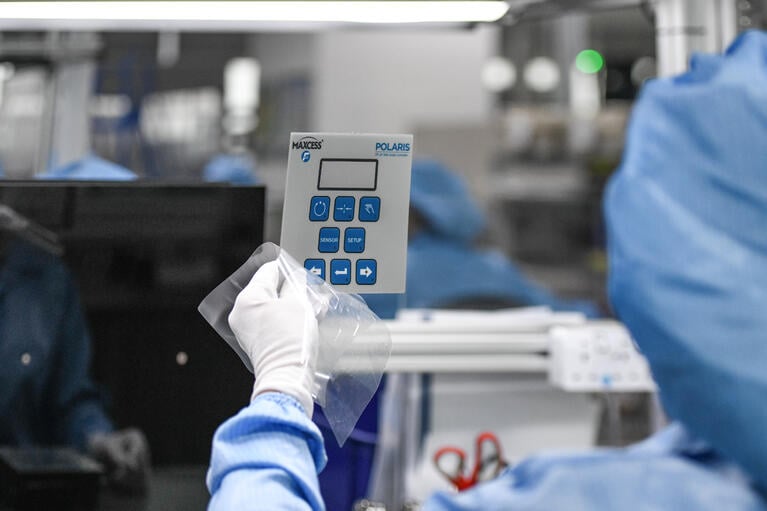In a time when bringing manufacturing back to the US has become a very popular topic I wanted to seize the opportunity to lay out the differences between Commodity versus Customized manufacturing
A typical commodity/standardized product is manufactured in large volume independently from the customer requirements. It can be made-to-stock and shipped to a warehouse regardless of the customer order or made-to-order but even in that case the customer does not dictate the specifications.
Customized manufacturing is a different story. The process of manufacturing is initiated by the customer and whatever information they provide. I’ve worked with customers who don’t have more than a sketch on the “back of a napkin” while others have it all already figured out with a full set of design files, drawings and specifications.
As for the buying process, it’s night and day.
Commodity buyers have benefited greatly from digitization and online platforms. Buying standardized products is often a race to the cheapest price
Instead, the purchase of customized products is a long consultative process that involves a deep understanding of customer expectations (either expressed or implied). When engaging with a customer for the first time the bigger challenge resides in what is not said.
When I was a young engineer, vertically-integrated manufacturers like HP, IBM or Motorola could design and manufacture most of the components and subassemblies they needed to make a finished product.
After years of outsourcing none of the electronic OEM (Original Equipment Manufacturer) manufactures anything nowadays.
Second-tier suppliers like CMI now manufacture components and subassemblies while EMS companies (Electronics Manufacturing Services) like Venture, Jabil, Foxconn or Flex make the final assembly. We are a typical customized solutions manufacturer.
The production cycle is naturally longer than for manufacturing standardized products, as new product development can take up to three years and customers expect full transparency from their suppliers along the way. Requirements range from material testing, process qualification, full traceability and sharing of all types of production records. Customers even send their own engineers to manufacturing sites to perform audits and make sure that the products are made to their standards.
So what about digitization?
B2C and B2B digital platforms are widely used to purchase standardized products but when it comes down to customized solutions it is a much more challenging endeavor.
The manufacturing of customized products is characterized by high unpredictability about what the customer really wants and what is truly important. These uncertainties have a dramatic impact on the manufacturing process, the production lead time and the costs involved.
Standardized products typically come to you with their own data sheets. The buyer is therefore responsible to find a product that meets his needs. Platforms tend to look like digital catalogs.
In customized manufacturing the producer is responsible to fulfill the requirements of its customer with dire consequences if not successful. It requires constant communication between the manufacturer and the customer. Considering that each design is unique and that customers have their own sets of requirements it is undoubtedly more challenging to build an eCommerce platform for customized products..
The COVID-19 pandemic is changing our industries and business processes. Digitization is becoming more prevalent and Central Midori is exploring various ways to improve customer experience with digital tools. More to come soon…

